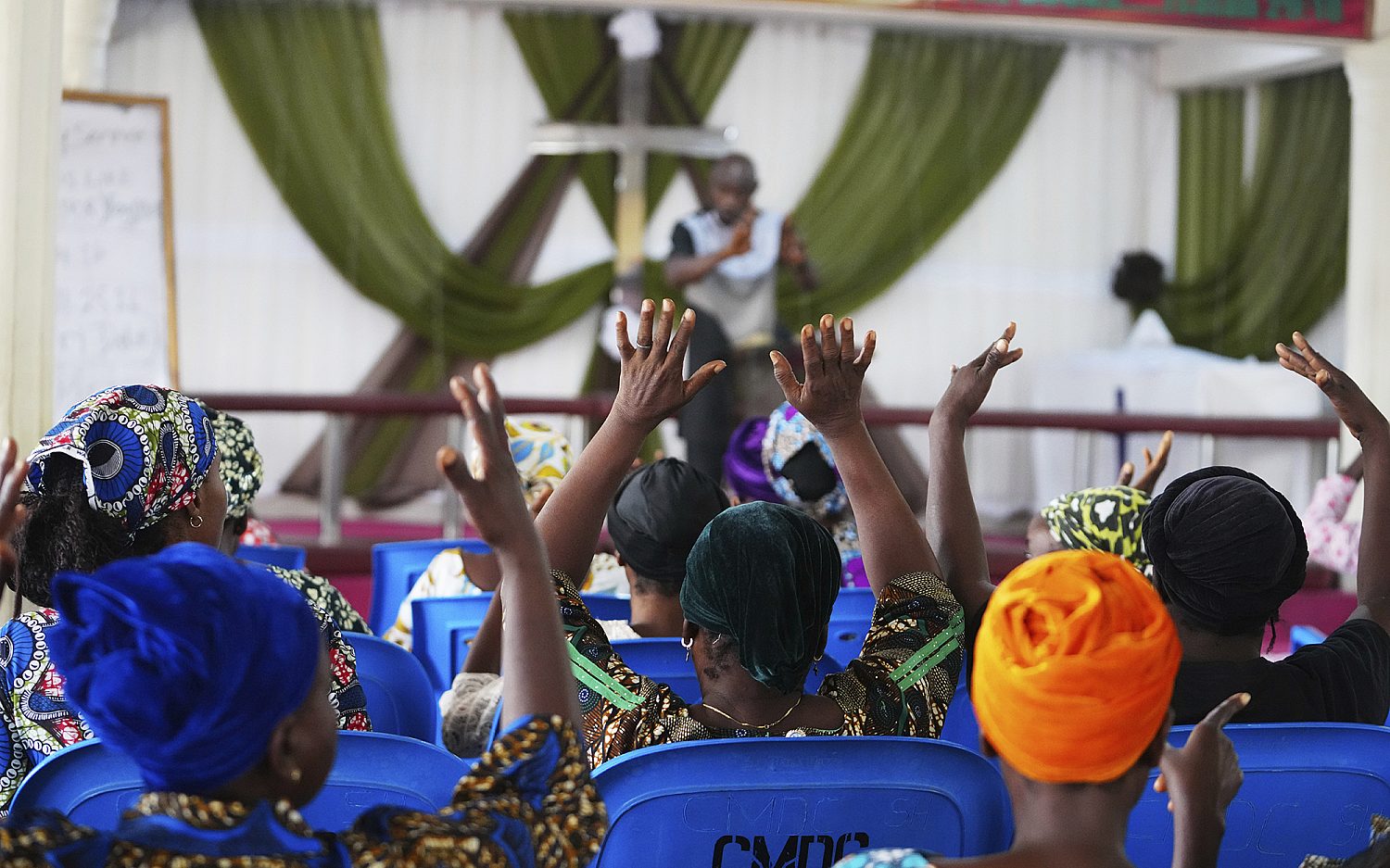A different place
After terrorists were chased out, the northern Iraq town of Shekhan has returned to a more serene way of life
SHEKHAN, IRAQ-On the road into Shekhan a year ago were checkpoints and potholes. Terrorists were a threat; the main road, in fact, was blocked with concrete barriers. Only a week before, a triple suicide bombing had killed more than 500 Yezidis who were living in villages not far from here. It was the largest death toll of any single terrorist attack of the Iraq War and the insurgency. In Shekhan you could feel the tension along the main streets and at the several checkpoints leading into the town. To get to the home of Rebka and Louis, Catholic friends who live up the hill at the top of the town, the driver had to snake through dirt back roads.
Shekhan is an unusual mix of Sunni Muslims, traditional Kurds, Catholics, Assyrians, and Yezidis, all packed tightly together in the town's narrow and hilly streets. Historically these groups get along; but terrorists chased out of their enclaves closer to Mosul and Kirkuk showed up last year in Shekhan and other towns bordering Nineveh Plain, trying to regroup and openly operating cells inside the town. They shook up the fragile ethnic balance and tried to set religion against religion. Iraqi police and military forces took the new threat seriously, even though Shekhan is not a big city. They closed in around the area and arrested terrorists door-to-door. It's probably true that some got away to other parts of Iraq, but Shekhan in September 2008 is a different place, and it happened, according to locals, without U.S. intervention: The checkpoints are gone, stores are busy selling outdoor furniture, even outdoor baby cribs, and new sidewalks have been laid. Even the potholes are gone.
Louis has found a job driving a school bus. The bus is new, and so is the school. His brother and family have been living here after bombs made it impossible for them to stay in Baghdad. The brother is an electrician but he cannot find work. He hopes to emigrate to Sweden, where other family members have relocated already. But Louis and his family intend to stay.
Sundown each day this month marks the end of Ramadan fasting, so the streets swell with shoppers. Stalls are overflowing with cucumbers, tomatoes, roasted corn, and squash, all despite an extremely dry season for the northern provinces that kicks sand into thick red clouds with the slightest wind. Ramadan here is strictly observed: Shops sell no food during the day. And Christians and other non-Muslims avoid eating in public until after sundown. Many also observe a form of the Ramadan fast, going without meat and cheese, or avoiding food altogether during the daylight hours. It makes life easier, said one, to stay in step with the majority culture.
An actual newsletter worth subscribing to instead of just a collection of links. —Adam
Sign up to receive The Sift email newsletter each weekday morning for the latest headlines from WORLD’s breaking news team.





Please wait while we load the latest comments...
Comments
Please register, subscribe, or log in to comment on this article.